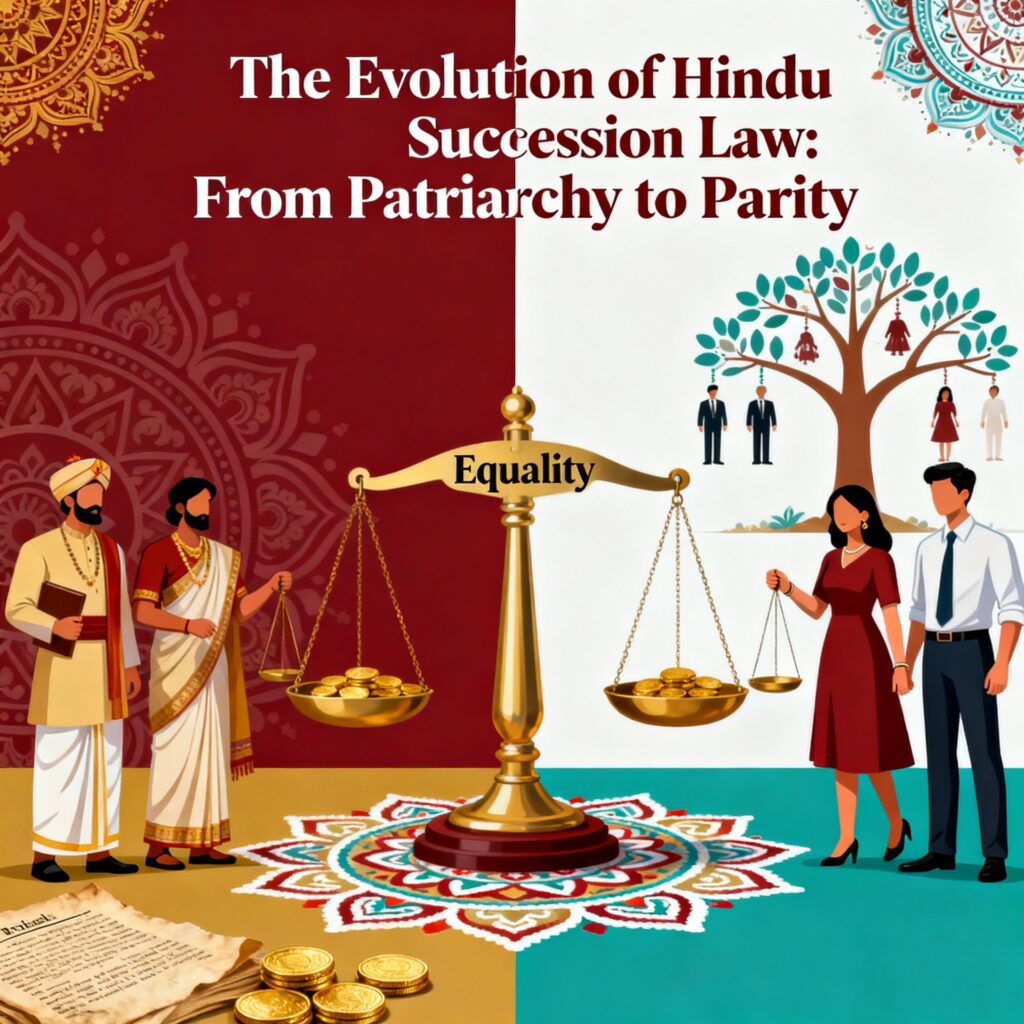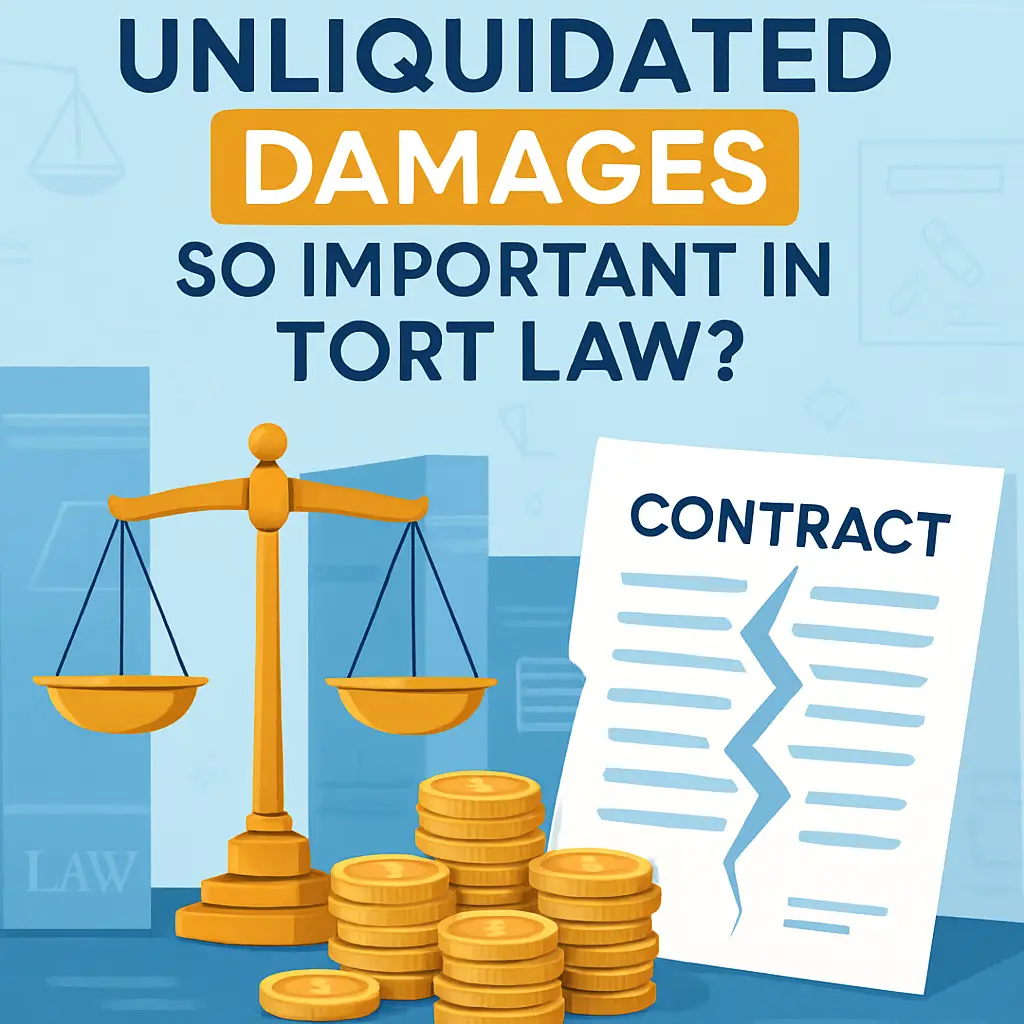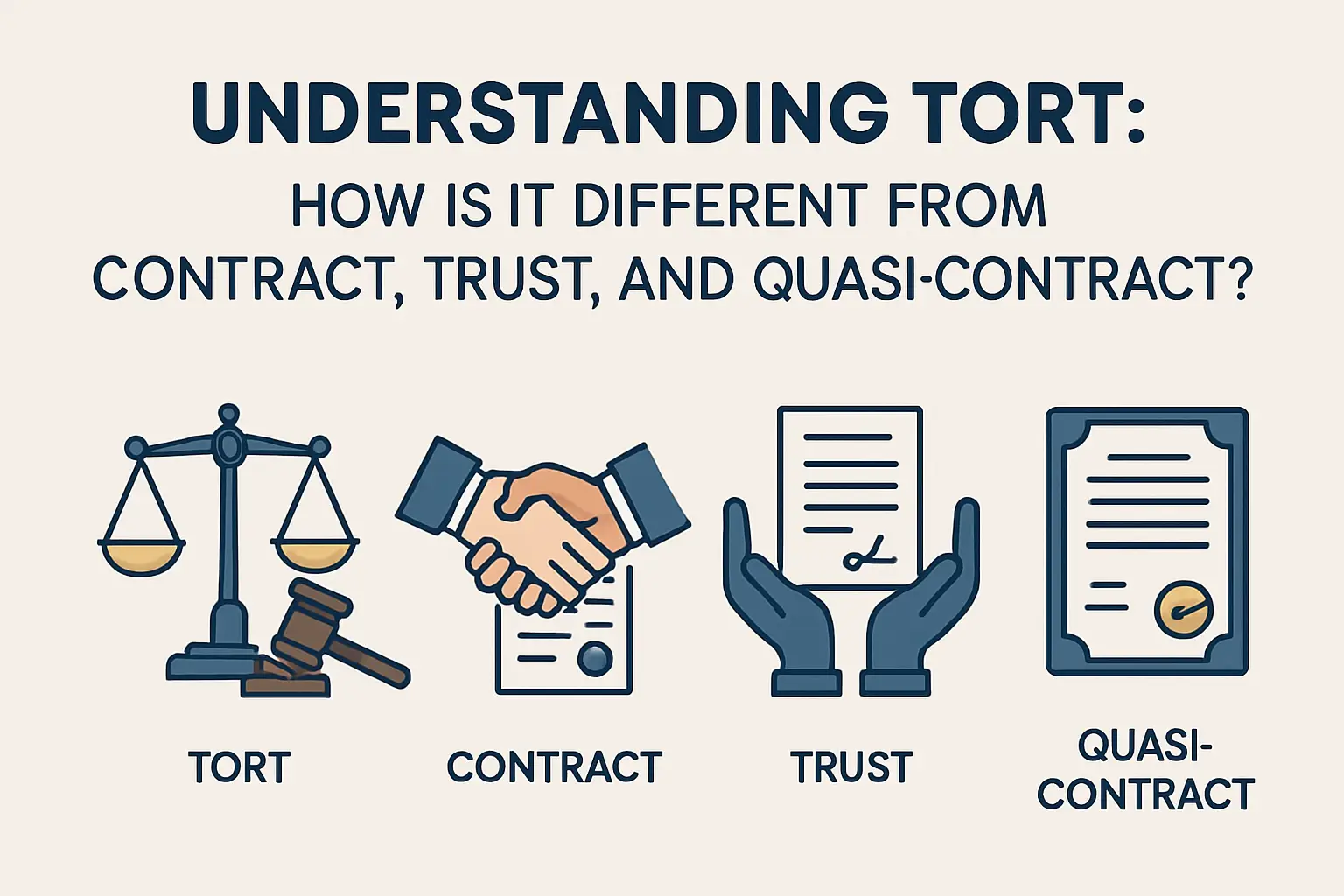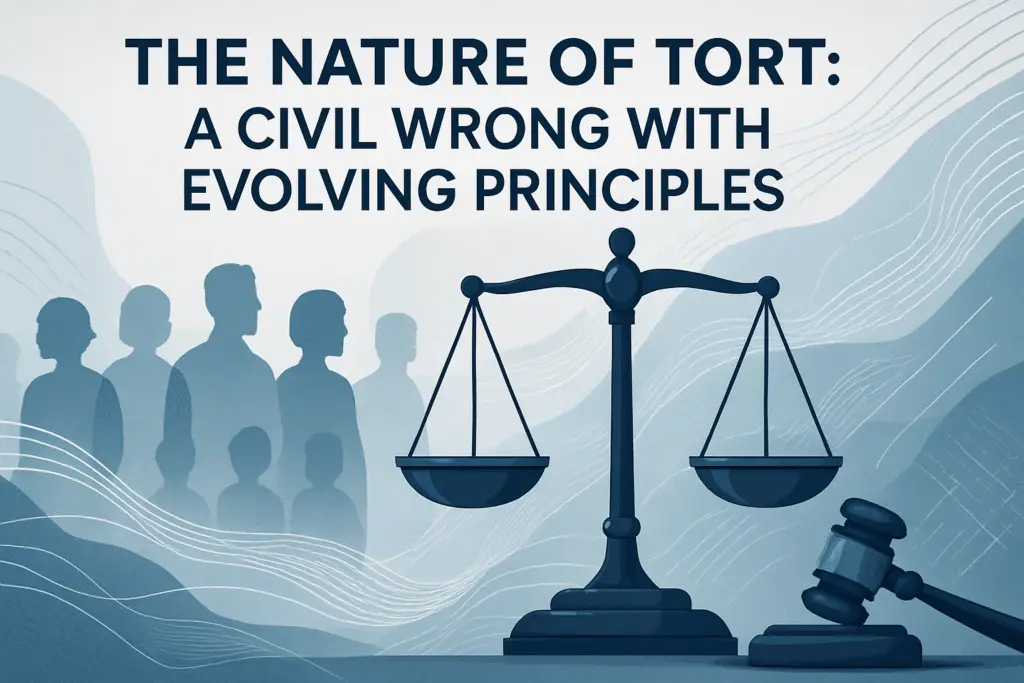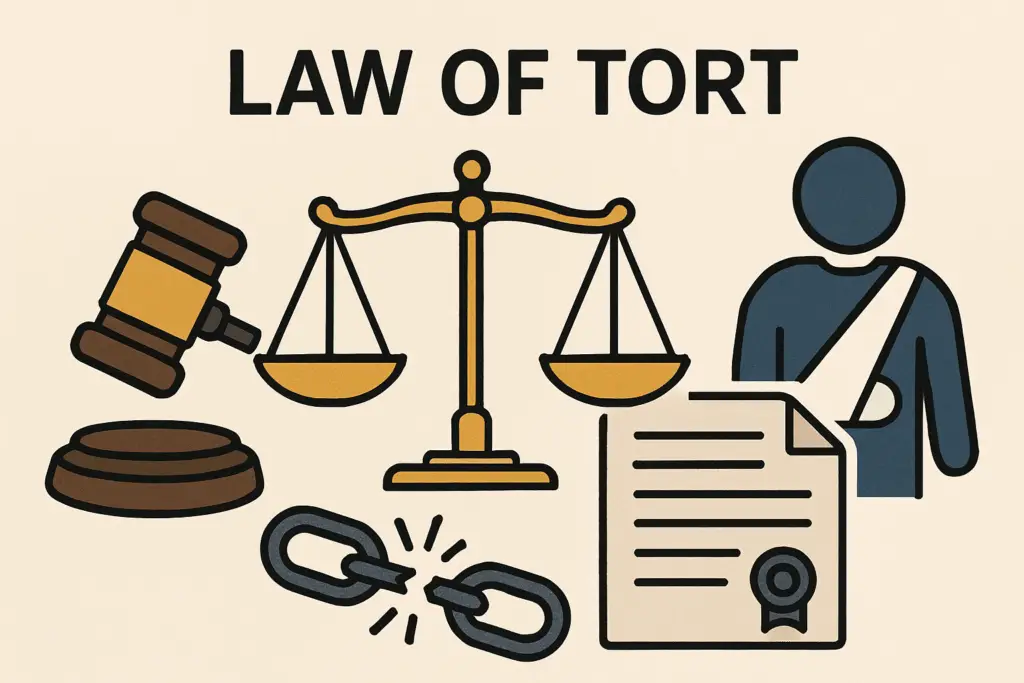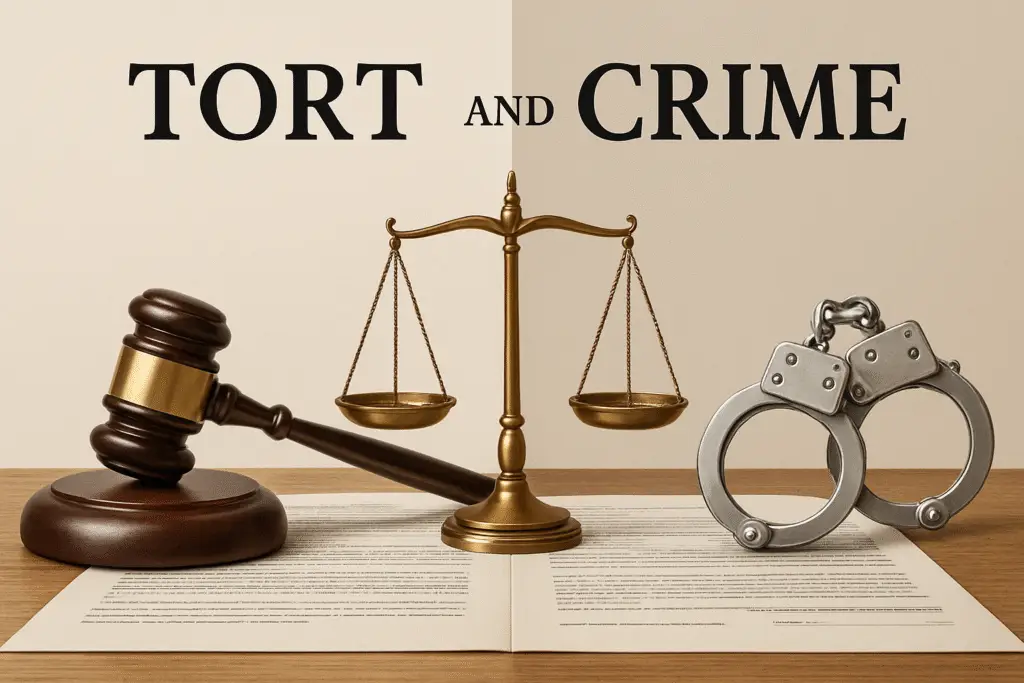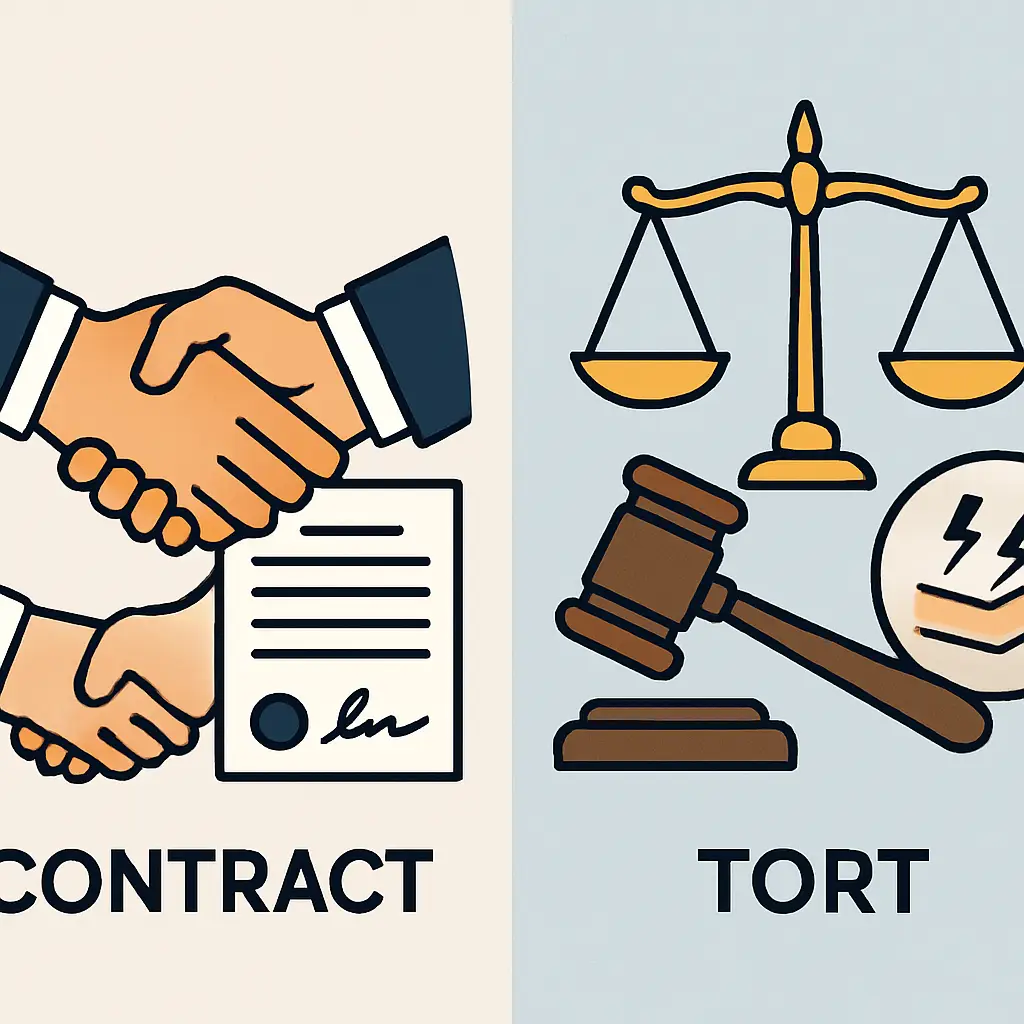The Evolution of Hindu Succession Law: From Patriarchy to Parity
Hindu succession law has witnessed a dramatic transformation over the last century, marked by its journey from deeply entrenched patriarchy to progressive gender equality. Rooted in ancient scriptures and traditional customs, the Hindu law of inheritance historically relegated women to a subordinate position. However, several waves of legislation have challenged and changed that landscape, making women’s […]
The Evolution of Hindu Succession Law: From Patriarchy to Parity Read More »

